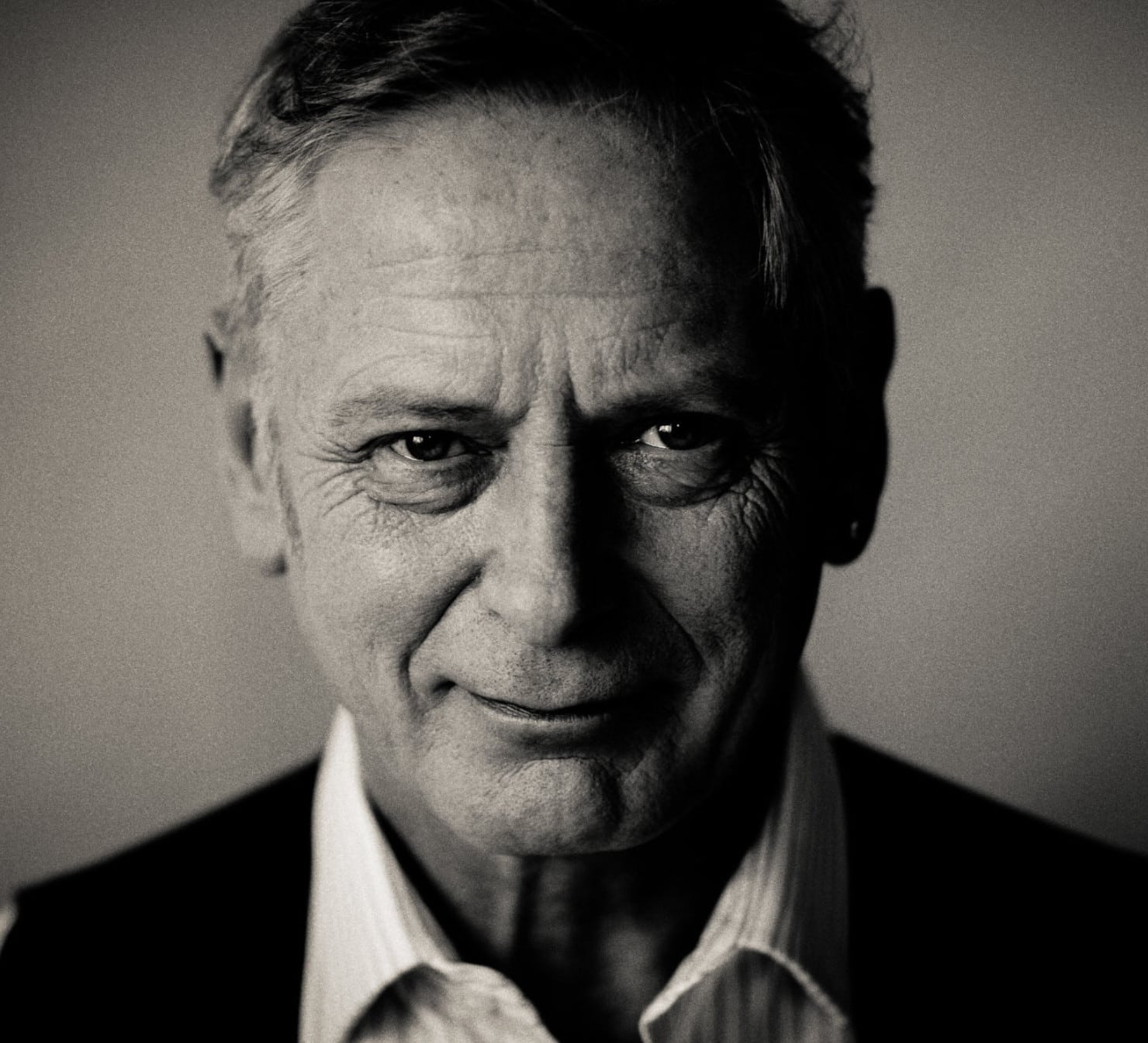Stalin’s hatchet-man Khrennikov was ‘very, very tolerant’
mainThe year before last, Valery Gergiev staged a small celebration in memory of Tikhon Khrennikov, the party apparatchik who led the assaults n Shostakovich and Prokofiev in 1948 and controlled the Composers Union from that time until the USSR collapsed in 1991.
Gergiev has expressed a view that Khrennikov was much misunderstood, and that he was a better composer than many thought.
In this short film, the composer Rodion Shchedrin expands on Gergiev’s upbeat view of musical Stalinism.
Shchedrin says: ‘We are country with an unpredictable past… Khrennikov was, in my view, totally unfairly slandered and dragged through the mud…. His first syphony was outstanding. He was an exceptionally gifted melodist. (He helped many composers). Boris Tischenko oce said to me that all the avant-garde composers should club together to build a monument to Khrennikov…. The state never made any attempt to silence anyone. It allowed everyone to live…. Khrennikov was very, very tolerant.’
Gergiev believes much the same.






If Khrennikov was for some rather unimaginable reason much different from the party-czar who dealt with visual arts and hand Malevich’ fingers cut off or Stalin’s experts on literature who had Isaac Babel executed then perhaps Gergiev and Shchedrin are right.
Let’s not forget that replacing signs of reality by personal opinion has always been a Russian folkore tradition, as we can see again nowadays.
Khrennikov wrote a letter of denunciation to Pravda in 1937 which led to the Chelyapov the chairman of the Composers Union being arrested and then shot. This is in my book on Myaskovsky published last year. His compositions were not so inventive as any of his contemporaries and copied the stylistic language of Prokofiev and Kabalevsky in particular.
Gregor Tassie — Just wanted to say I read your biography of Myaskovsky and found his life fascinating! Thanks for championing an unjustly neglected composer.
How easily history gets a rewrite. Having heard Khrennikov’s first several times I’d have to say anything good in it was cribbed from the Shostakovich First. And he had the cheek to dedicate his ripoff to Dmitri.
Khrennikov was the ultimate careerist Shostakovich writes of in Symphony 13.
Is it April 1st already?
If you want to hear the full story from Khrennikov himself, and why he denounced all the formalist composers in 1948, see our film “Khachaturian”.
http://www.snagfilms.com/films/title/aram_khachaturian
A new perspective is always welcome. These were difficult times and I dareasay some of the more career orientated composers in the UK would have done the same as Krennikov.
This kind of “new perspective” has a name. It’s called “revisionism”.
But this kind of falsification of history and reality happened all the time in the UK and anywhere else in Europe since WW II. Music history was rewritten as a linear narrative, beginning with the Tristan chord, via Mahler, Schönberg and Webern to Stockhausen, Boulez and Xenakis in the fifties and sixties, further into an utopian future that never came, and any composer not fitting into this party line was considered ‘irelevant’. Crazy people like WIlliam Glock of the BBC did their best to build-up walls in music life. It was just like the Russian communist music politics, but then without a government administering directives – modernist composers and their friends could do all that entirely on their own.
This explains that Harrison BIrtwistle, a terrible sound artist celebrating destruction and catastrophy, is considered the ‘grand old man’ of British music while in reality, it is David Matthews, a brilliant composer whose works have musical, instead of merely sonic, qualities.
Do you know the writings and public statements of Jérôme Ducros, French pianist and composer?
Something of a myth regarding the Glock era and supposed blacklists. Likewise, Darmstadt which was /is much more all embracing judging by programmes. Elizabeth Lutyens was amply supported by the Glock era but her music has largely vanished. Not because, it is 12 tone (or gender related) but because her output is largely rather clunky and old fashioned. I think John Borstlap is fixated on stylistic issues (surface) as opposed to the essence of individual composers. Ie.The defining feature of Lutyens is not that she wrote 12 note music.